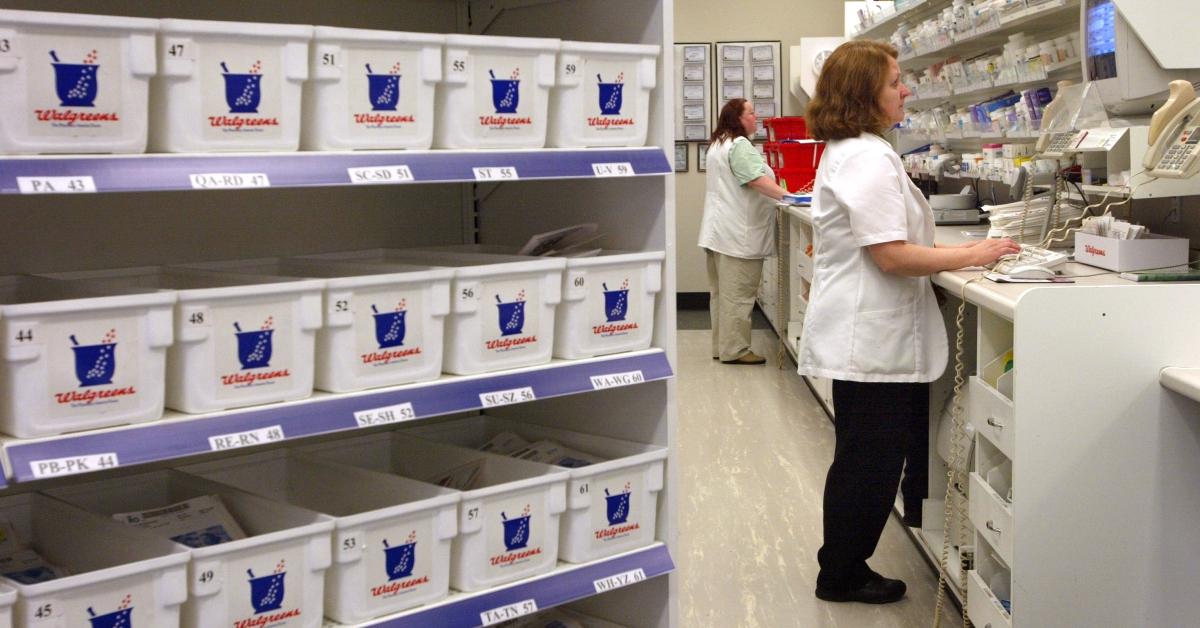Drug Prices Are Increasing in 2023, Won't Impact Most Consumers
Drug prices have increased on almost 1,000 pharmaceutical medicines that treat a variety of illnesses and conditions. Why are drug prices increasing?
Feb. 2 2023, Updated 4:25 p.m. ET

Drug prices have increased in 2023 on almost 1,000 pharmaceutical medicines that treat cancer, psoriasis, inflammation, and other conditions. Data from the nonprofit 46brooklyn Research shows the median price for prescription drugs in the U.S. has already increased by about 5.6 percent this year.
Why are drug prices increasing and what can consumers expect in the future? Here's what we know about the prices and drugs that have been impacted.
Why are drug prices increasing?
Pharmaceutical companies usually increase drug prices in January every year. Last year, drug prices rose 4.9 percent. In other years, the increase has been as much as 9 percent or 10 percent.

This year, many are pointing at high inflation and the Inflation Reduction Act of 2022 as reasons for the increase in drug prices.
What is the Inflation Reduction Act of 2022?
President Joe Biden signed the Inflation Reduction Act into law in August 2022. Several provisions in the bipartisan-supported bill are meant to lower prescription drug costs for Americans. Starting in 2023, the Act required pharmaceutical companies to pay rebates to Medicare if their drug prices rose faster than inflation.
Some analysts think that pharmaceutical companies are raising prices now while inflation remains high because of the provisions of the Act.
"Inflation has been running higher than recent historical trends," Ryan Urgo, managing director of health policy at health care consulting company Avalere, told USA Today. "This may certainly create opportunities for manufacturers to raise list prices higher in percentage terms than in the past, given that this could be done without triggering a rebate penalty."
The Act will also start putting caps on drug prices for Medicare recipients in 2024 and requires the federal government to negotiate with drug companies to reduce the price of 10 drugs by 2026.
How does the drug price increase impact consumers?
The drug price increase isn’t something that consumers will experience firsthand. The increases are on a drug’s list price, not the price consumers pay. The list price is the price that a drug manufacturer initially sets for a specific drug. That price is typically reduced through rebates and discounts the drug maker provides for health insurance companies and pharmacy benefit managers before it gets into the hands of consumers.
By the time a consumer with health insurance picks up their prescription, the "net price" has been discounted by 50 percent to 70 percent.
What drug prices have increased in 2023?
Almost 1,000 pharmaceutical drugs have seen a price increase already. Although the median price increase is over 5 percent, some medications have increased by 10 percent or more. For example, GE Healthcare raised the price of its drug Omnipaque by 26 percent.
Here’s a list of nine drugs that increased in price this year:
Humira by AbbVie, a popular anti-inflammatory drug
Skyrizi by AbbVie, treats Crohn’s disease
Otezla by Amgen, is used to treat plaque psoriasis
Cosentyx by Novartis, treats psoriasis
Gilenya by Novartis, treats multiple sclerosis
Rebif by German company Merck, used in multiple-sclerosis therapy
Enbrel by Amgen, treats rheumatoid arthritis
Ibrance by Pfizer, medicine for breast cancer
Xeljanz by Pfizer, treats rheumatoid arthritis
We'll continue to follow drug prices in 2023 and provide more updates as they become available.
